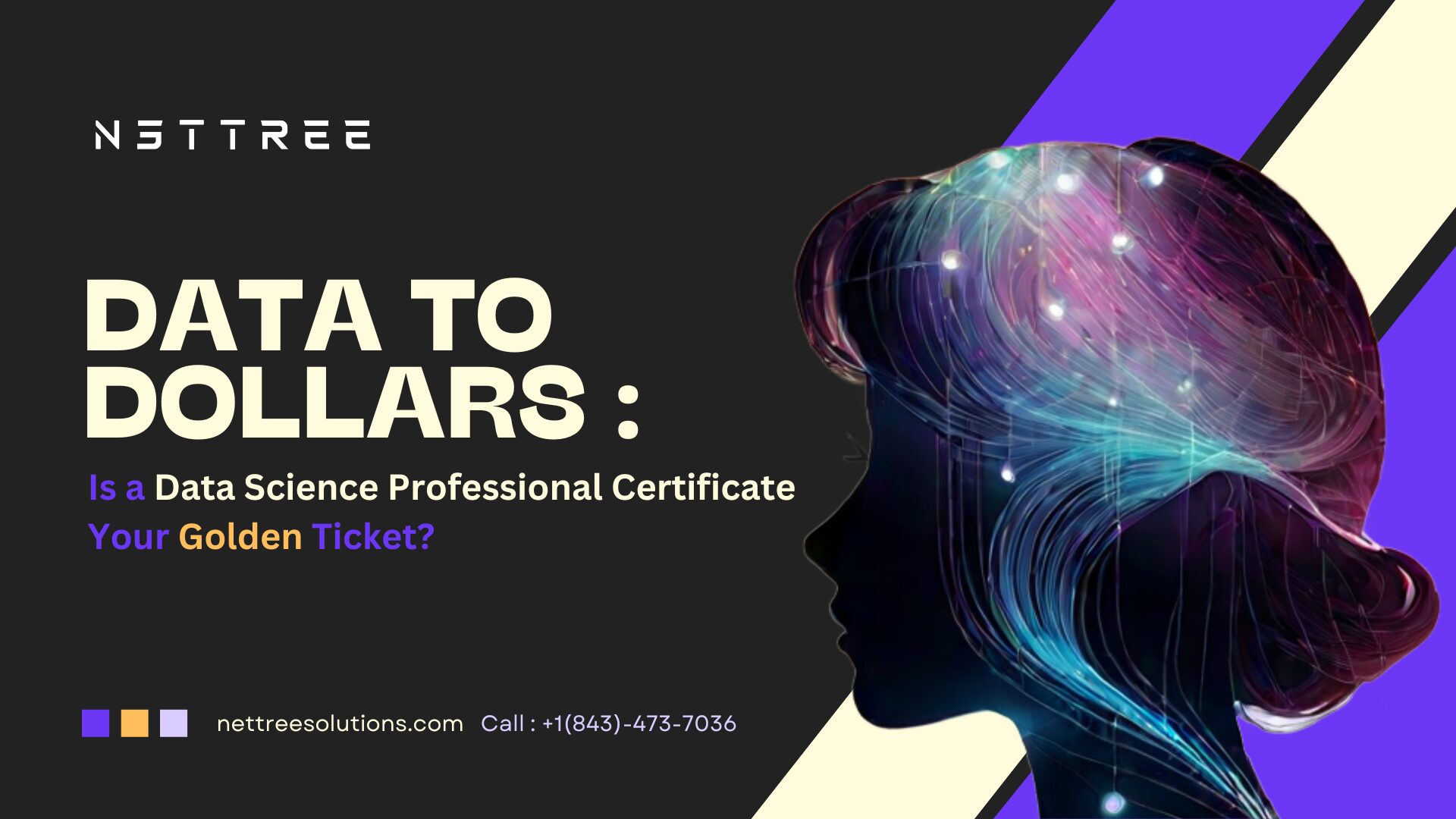The growth of artificial intelligence (AI) stands to reshape the employment landscape in the coming years.
As AI systems grow more sophisticated at automating redundant tasks, analyzing data, and optimizing decisions, many industries are expected to see big changes.
This demands reasonable concerns regarding AI’s impact on jobs and livelihoods moving forward.
Will algorithms and robots phase out meaningful work for human professionals?
Or will AI augment existing jobs and unlock new promising career trajectories?
The reality likely involves both creative destruction and opportunity.
Automation and Job Displacement
One major impact of increasingly capable AI will be rising automation affecting predictable manual and cognitive work.
AI promises to streamline everything from production lines to customer service interactions faster and more accurately than humans.
This means declining demand for positions focused on repetitive tasks in areas like manufacturing, transportation, administrative support, and even finance.
However, while the mix of jobs will shift, AI is unlikely to eliminate whole industries in one fell swoop.
Many roles will blend, requiring human strengths like nuanced communication, creative problem-solving, and ethics.
Moreover, entirely new AI-related specialties will emerge.
Augmenting Human Capabilities
Rather than wholesale replacement, AI will increasingly play a collaborative role in amplifying human talents.
AI systems empower people to direct their efforts toward creative, strategic priorities by handling rote tasks.
For example, AI can rapidly parse medical images and surface insights for physician review in healthcare, reducing misdiagnoses.
In finance, algorithms can synthesize volumes of data to spot macroeconomic shifts, better informing human investment strategies.
Professionals across sectors stand to operate more efficiently and innovatively by pairing AI’s capabilities with human judgment, imagination, and empathy.
This relationship will drive breakthroughs that are not achievable by either alone.
Emerging AI-Related Career Paths

AI is also spawning new career trajectories for professionals with complementary skills:
- AI Engineer: Architects AI systems and underlying algorithms to meet product goals
- Machine Learning Expert: Optimizes models powering predictive and analytical AI applications
- Data Scientist: Extracts impactful, actionable insights from AI-processed data sets
- AI Ethicist: Ensures development and deployment of AI adheres to ethical standards
- AI Product Manager: Drives development and implementation of AI products
Pursuing these often requires building AI fluency — mastering languages like Python and frameworks like TensorFlow.
It also means understanding how different AI and ML techniques work together to deliver intelligent functionality.
Upskilling for an AI-Driven Future
As AI becomes more prevalent across industries, professionals need to proactively build relevant skills to stay employable.
AI training, like courses from Nettree Solutions, delivers foundational knowledge plus hands-on practice with machine learning and deep learning methodologies.
This equips professionals to shift into specialized AI roles or integrate AI tools into existing functions.
For example, a marketer could apply AI techniques to perform more targeted campaign segmentation.
A clinical researcher could leverage natural language processing to accelerate literature reviews.
Beyond technical aptitude, soft skills become increasingly crucial as AI offloads routine work.
Creative thinking, communication, storytelling, cultural competency, adaptability, and empathy differentiate human talent. Honing these soft skills makes professionals more resilient and complementary to AI systems.
Final Thoughts
While AI stands to displace specific jobs, its net effect remains expansive rather than reductive.
AI will create new specialties while making many existing roles more productive and interesting.
Professionals who are willing to reskill and evolve have much to gain. They can future-proof their careers by proactively pursuing education in AI domains.
If you’re too looking to boost your career, sign up for the AI course at Nettree Solutions. Learn more about it to understand how it can benefit you in advancing your career.








